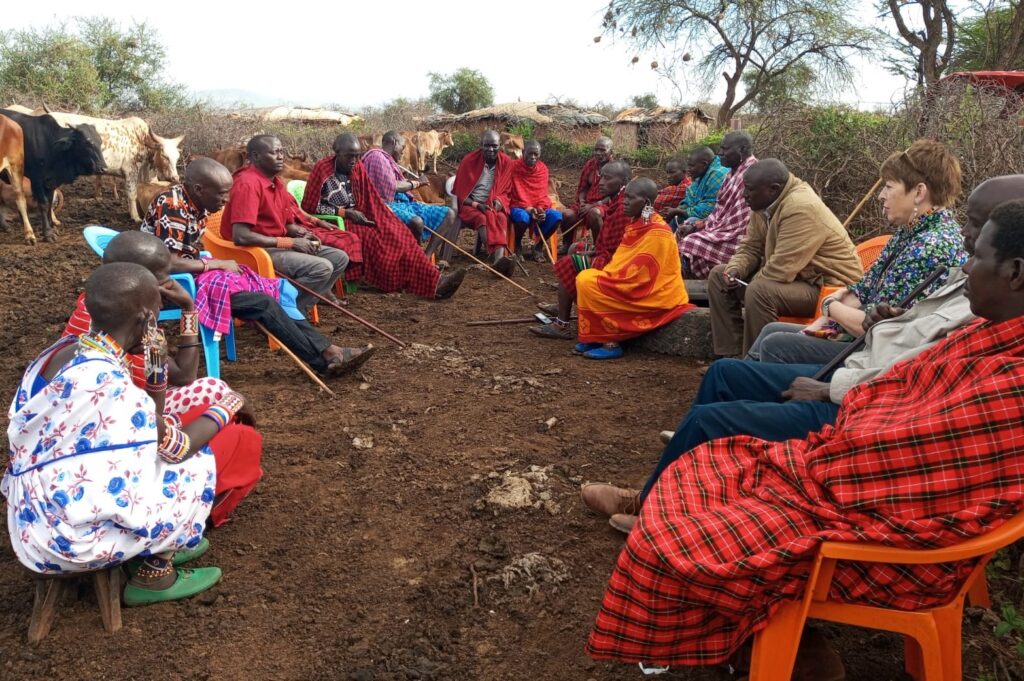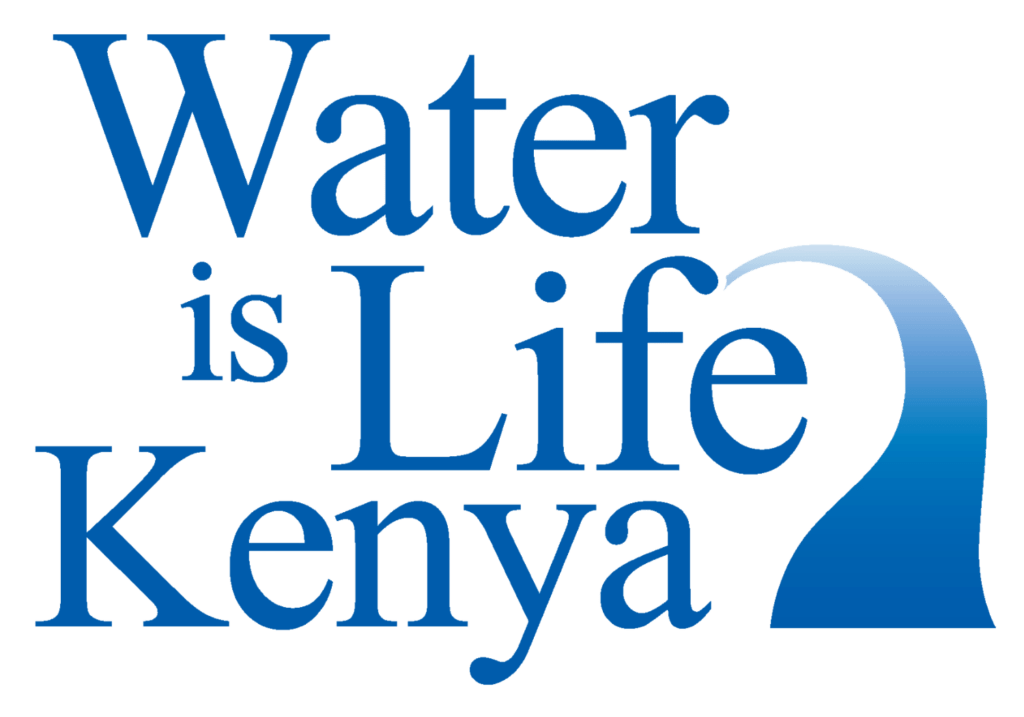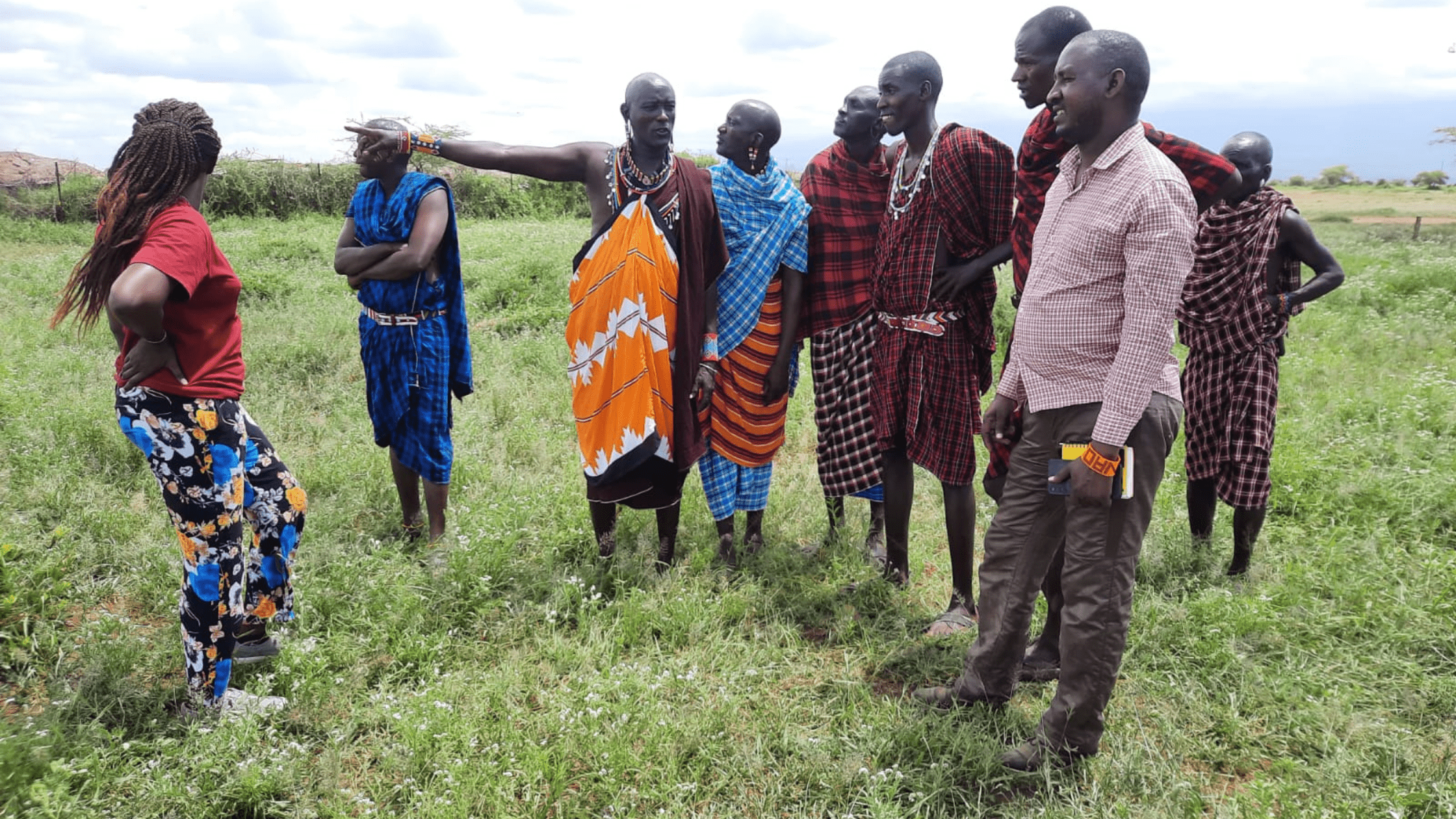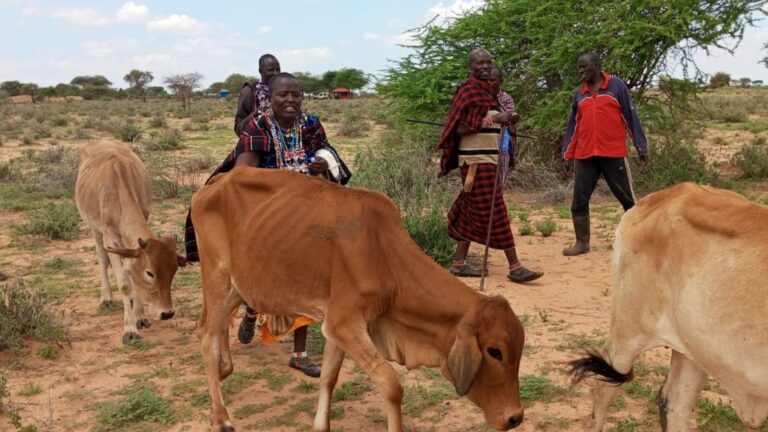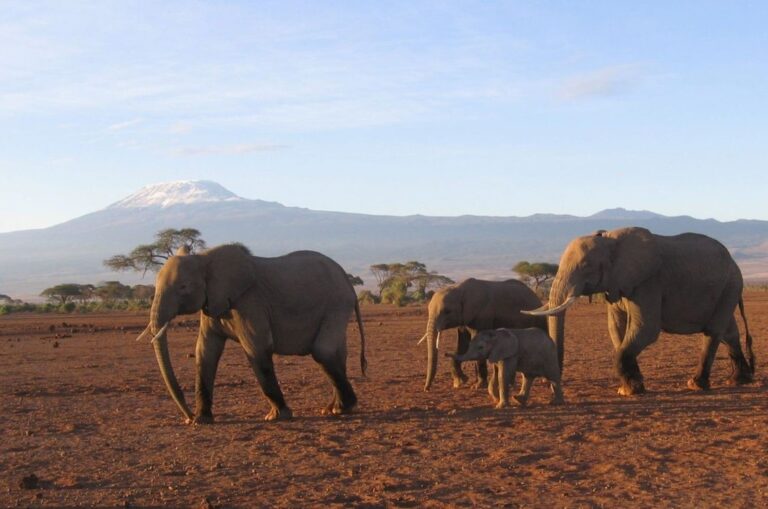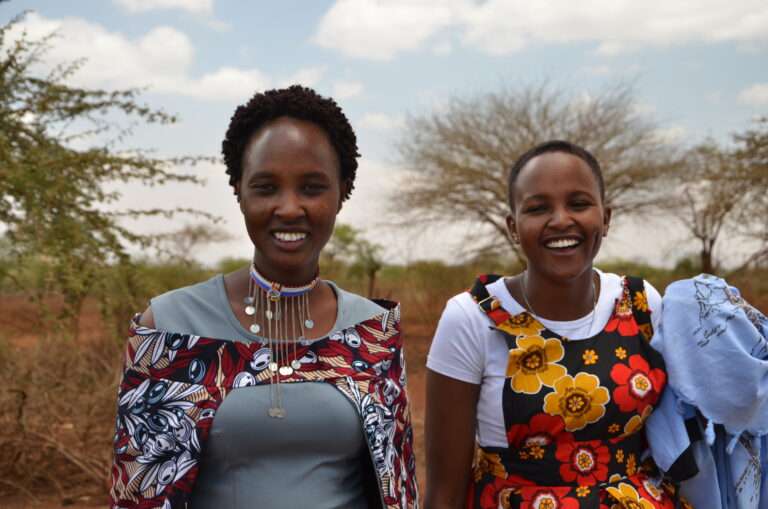It takes a village to make positive, lasting changes in the semi-arid region of southern Kenya. Water is Life Kenya (WILK) is no stranger to those challenges. For 17 years, we’ve gotten to know the proud Maasai people who live there and have listened to their struggles and concerns. From establishing $100,000 public water systems to training entrepreneurs, this work requires us to be principally focused on one thing: people.
In honor of World Day of Social Justice, let’s take a look at how our focus on people has enabled us to continue supporting Maasai as they overcome life in the unforgiving, beautiful land they call home.
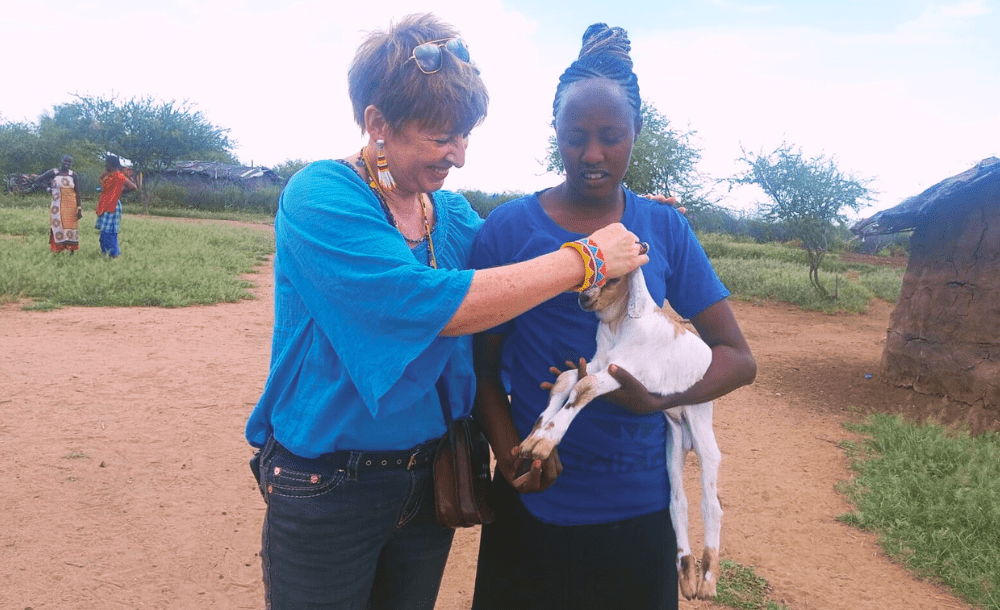
Seeking People-Specific Solutions
The area where we work in Keyna, central and southern Kajiado County, may seem limited. But with scarce resources and social isolation, the people who live there need our help the most. These resources include basic necessities, like water, that we don’t even think about. And because people live so far away from each other, the cost to obtain these resources is usually out of reach.
Only after we learn about a community and its culture can we offer the best method of assistance. Therefore, we drive on rough roads to rural locations, set up chairs in the shade, and listen to what people have to say. Once we realize what their needs are, we figure out ways to help them help themselves—whether that’s by constructing boreholes, offering income-generating programs and training sessions, or, in some circumstances, just distributing food.
Ways We Help
The projects and programs we offer have evolved since WILK started operating in 2007. We began with Clean Water (WASH) Projects, since water is the key to living in this semi-arid region. But water isn’t free, so a steady income is also a necessity for Maasai living near our boreholes. We began the Livestock as a Business (LAB) Program as a way to mitigate the cost of maintaining the boreholes, which is part of the reason why our water projects are so successful.
Our LAB program is also important because there are no Maasai without cattle. The income in this region comes from livestock, and people needed better skills to manage their herds. Livestock benefit from fresh water, disease treatment, and grass storage. We’ve developed LAB lessons to teach different methods that improve cattle quality and, therefore, bring in more money from the market.
We also don’t leave people in the lurch. For instance, when we realized that widows were struggling to meet their daily needs and couldn’t obtain their rightful land, we developed the Hope for Widows Program. By developing businesses, widows could afford their land deeds and take care of themselves and their children. All of these programs work because we take a personalized approach to serving Maasai communities.
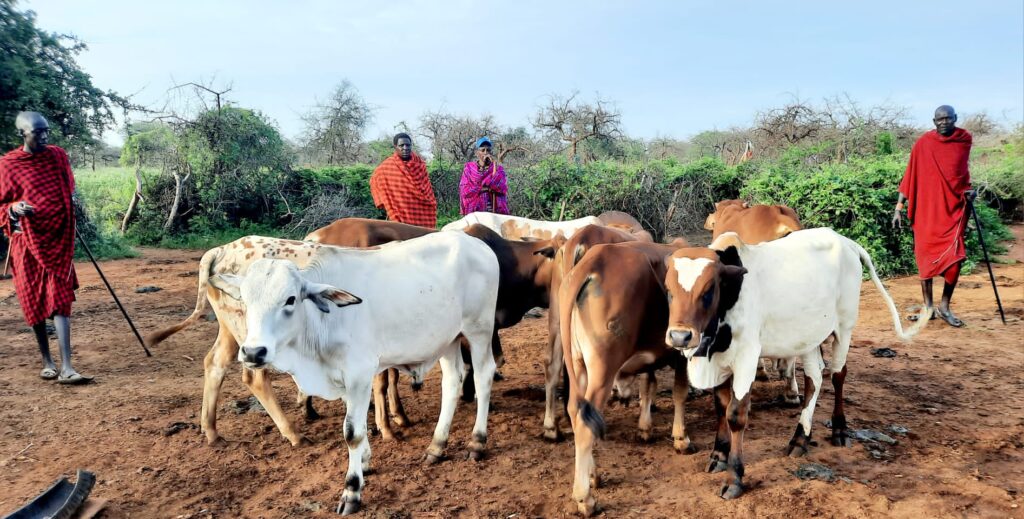
Facing—and Bringing—Challenges
Every now and then, someone needs a boost. Considering the many obstacles Maasai face, we are constantly listening and learning about outside factors that might hinder progress for program participants. Last year, for instance, we noticed that some of the women in our Hope for Widows program weren’t saving money for their businesses. Remember that most of them were still dealing with the three-year-long drought that plagued Kenya. Instead of saving and reinvesting their profits, women were using any profit from their businesses to pay for personal expenses like food, school fees, and other daily needs.
It became clear that they needed an incentive to save more money (and keep their funds separated). To inspire greater savings, we pitched a savings competition: the five women with the highest savings would have their savings doubled. A few weeks later, we checked their savings boxes. The top earners had saved between $20 and $30 (around 2,000 to 3,000 Kenyan shillings). They were running strong businesses, their savings were doubled, and they were proud of themselves.
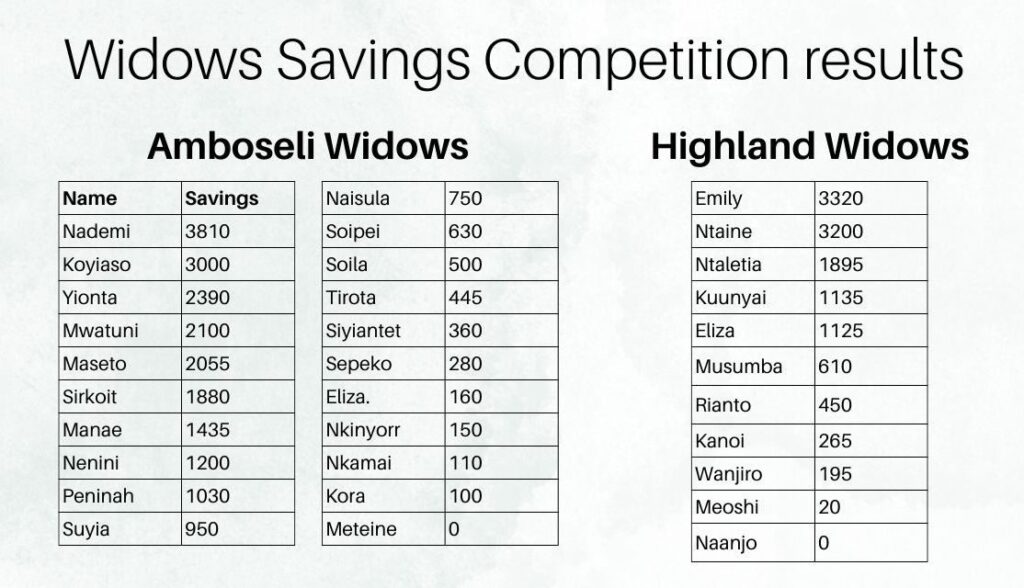
What we’ve learned from our community development work over the past 17 years is that empowering others is a formula. We design ways to help them succeed, and we celebrate them with each goal they achieve. These women bore the brunt of the drought head-on and, against the odds, they were able to turn a profit, send their kids to school, and save money on a shoestring budget. We’ll continue to help them navigate problems like climate change and poverty because we know they can succeed.
We Can Do Even More
There’s so much we take for granted in the United States—clean water, a prosperous economy, substantial rain. But in Kenya, none of these are guaranteed. Our presence on the ground and our commitment to help these communities flourish is still needed.
But unlike other organizations who care about numbers more than people, WILK puts Love into Action. We always keep the beneficiaries—who are real people—at the heart of what we do because they deserve to live in a stable environment, have access to clean water, earn an education, and practice their cultural traditions.
We care about our Maasai friends in Kenya and want to help them thrive. We’ll continue to serve them in ways that make sense culturally, strategically, and personally. And we’ll continue to find new, exciting ways to support them as we work together, along with our donors, for lasting change.
